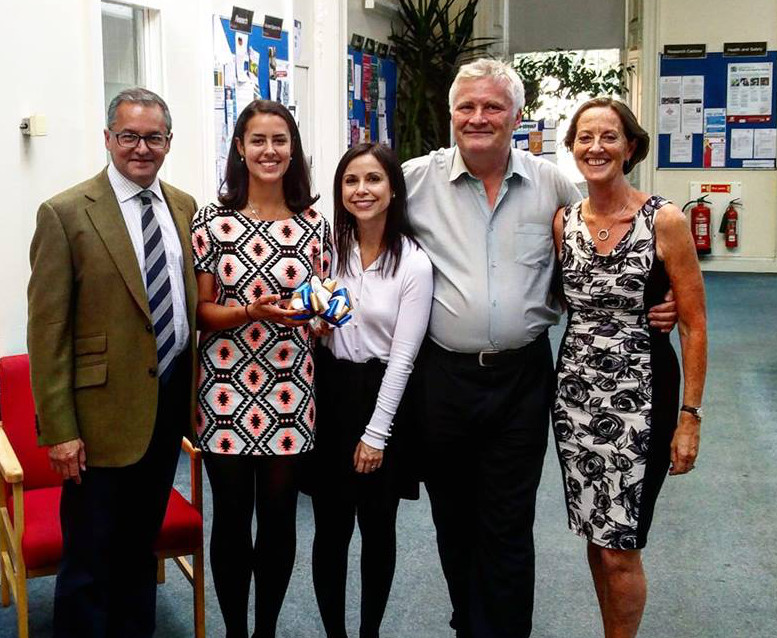
Dr Thomas Bak, reader in Psychology and clinical research fellow in the Centre for Clinical Brain Sciences, reflects on new insights he has won since he published his first Teaching Matters blog a year ago…
For a teacher, be it at school or a university, there is no day as beautiful as that of graduations. To see one’s students, in festive mood, celebrating their degrees, to meet their families and to imagine how their future life will unfold has something deeply rewarding. The view forward is at least as important as the view backward. Of course I hope that the students will take with them nice memories of their time at the university, including my courses and supervision. But I care even more that what they have learned with me will help them in their future lives.

Until recently, this would have meant for me factual knowledge, leading theories, well established methods. But as our world is changing faster and faster, this will carry them less and less through life. Hundreds of years ago, people could spend all their professional lives using knowledge they had acquired at the university. But can you imagine a computer expert trying to use the programming skills from 1970’s? Or a doctor treating patients with 50-years-old algorithms? So the important feature of a successful career is not only knowledge but also the ability to learn new things. Some of our students will need it immediately, others a few years later, but we can be certain that sooner or later this will be the case for all.
This can be scary and worrying, but also fascinating and exciting. If we manage to equip our students with the ability to learn new things and skills, to judge novel evidence and maybe even to contribute to it themselves, they will be more likely to see the changing life as a fascinating challenge rather than a threat. But doesn’t this mean that our own teaching should be not only about certainties, but also about unpredictability, surprise and suspense?
One year after my first blog about “Engaging students and engaging the general public: two sides of the same coin?”, I realise that this is another lesson that teaching can learn from public engagement, where surprise and suspense play an important role. They can be entertaining and enjoyable and people go to great length seeking them. Every year, millions visit the famous Edinburgh festivals – yes, they usually study the programme, read the reviews, hear the impressions of their friends who already attended some shows. But they also want to be surprised. Who would like to know all the details of the plot before watching a movie? Or read all the punchlines before going to a comedy show? And when it comes to stand-up comedy, the unpredictability is the very essence of the excitement.
But isn’t the idea of incorporating suspense and surprise in university teaching an offence against the seriousness of science? Doesn’t it reduce it to the level of banal, superficial entertainment? I would argue that the opposite is the case.
Challenging the “state-of-the-art”, leaving space for surprise, re-creating the excitement of new discoveries is the very essence of science. Science is not about certainty but uncertainty; it might strive to reduce it, but will never abolish it entirely. For cutting-edge science, we need to retain our ability to be surprised. For successful public engagement, we need to be able to create surprise. For excellent and engaging teaching, we need both.


